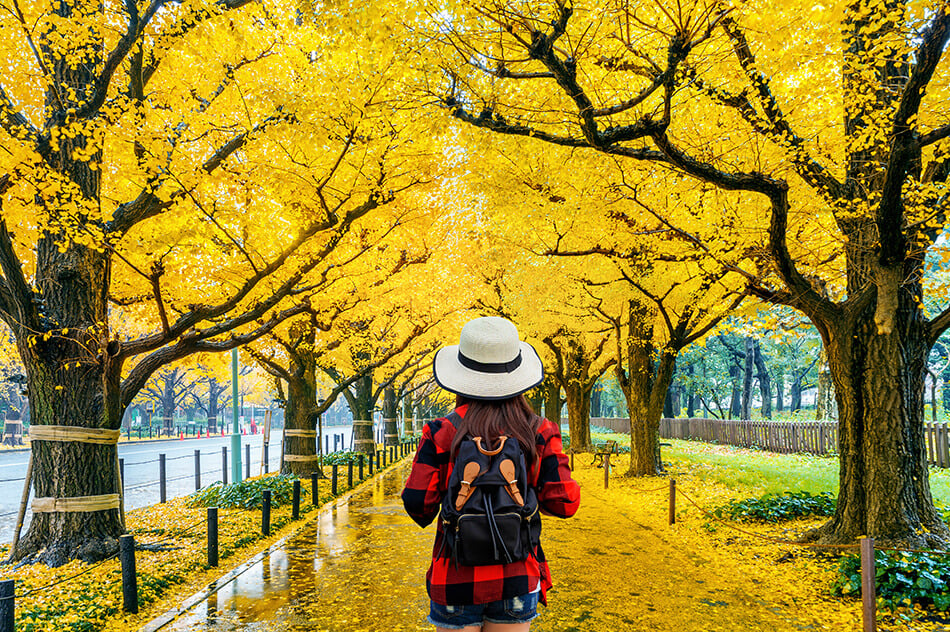How Much Spending Money for Canada?
Whether you're planning a trip to Canada to see the breathtaking landscapes or you're hitting the major Canadian cities, it's important to know how much spending money you need for accommodation, food, travel, and more. Here at Crown Currency Exchange, we've made things easier by creating a breakdown of how much you can expect to spend on each aspect of your trip.
How Much Spending Money Do I Need for Canada?

The amount of spending money you need for Canada will depend on your travel style and your spending habits. Here's a breakdown of average costs between budget, mid-range, and luxury travellers:
Budget Travellers
For those trying to stick to a lower budget, you'll need around $150-$200 Canadian Dollars (CAD) per day. This will allow you to get a comfortable bed in a hostel or motel, eat and drink at food stalls throughout the cities, and cover bus or train tickets. Within this price range, you'll also be able to enjoy some amazing experiences, such as visiting Niagara Falls and spotting wildlife at Stanley Park.
Mid-range Travellers
A daily budget of $300-$400 Canadian Dollars (CAD) is a good ballpark figure for those looking for somewhere a little more comfortable or private to stay. You'll also be able to enjoy eating in some of Canada's best restaurants, hire a bike to get around and enjoy experiences such as climbing The CN Tower and touring The Canadian Wildlife Museum.
Luxury Travellers
Those looking for the trip of a lifetime with no expense spared should look at budgeting around $450-$500 Canadian Dollars (CAD) per day for their trip to Canada. This will get you an entire Airbnb apartment or room in a luxury hotel, dinner in local restaurants or groceries or self-catering accommodation, and a hire car.
You'll also be able to do some of the higher-end activities Canada has to offer, including an adventure tour of the Canmore Caves, wine tasting at Konzelmann Estate Winery, and a boat tour of Niagara Falls.
What Goes into a Travel Budget?

First things first, let's look at what exactly goes into planning a travel budget.
- Accommodation: You're going to need somewhere to stay throughout your trip, and Canada has plenty of accommodation options. However, exactly where you'll be able to stay will depend on how much you're willing to put in that portion of your travel budget.
- Transportation: Whether you're touring the country or staying in one specific area, you're going to need to think about how you plan on getting around and how much that's going to cost.
- Food & Drink: You'll also need to eat when you're in Canada, so thinking about how much money you'll need to put aside in line with your available options is also very important.
- Activities: Finally, you'll likely want to spend your days in Canada doing new and exciting things. As such, you'll need to allocate a portion of your budget to activities.
Now you know what you need to budget for, let's take a look at each section in more detail, with some information on the cost of each possible option.
What is the Cost of Accommodation in Canada?

- Budget Travellers: Are you looking to spend as little money on accommodation as possible in Canada? A hostel would be the best option, with prices averaging CAD $33 during peak season.
- Mid-range Travellers: Airbnb rooms, motels, and B&Bs are good accommodation options for mid-range travellers, with prices averaging between CAD $75 and CAD $113 per night.
- Luxury Travellers: For those who need comfort and privacy, a luxury hotel room would be a good option. However, prices are quite expensive, and you can expect to pay an average of CAD $230 per night.
Different Accommodation Options:
- Hostels: For those trying to stick to a lower budget (or simply wanting to allocate more money from their travel budget for activities), a hostel is a great option. The average price of a hostel in Canada is CAD $33 per night during the peak summer travel season, and prices can drop as low as $20 per night outside of this.
- Airbnb: Some people prefer something with a little more privacy, and in this instance, renting a room in a host family's home is a good option. Average prices for an Airbnb room in Canada are around CAD $113 per night, but you can also rent an entire apartment for an average of $163 per night if your budget allows.
- Motels: Motels are a good option if you're planning on travelling across Canada, and they serve as a great resting place along the road. They're also relatively inexpensive, with the average cost of a motel room coming in at CAD $75 per night.
- B&Bs: Staying in a B&B is a good option if you want that hotel-feel but don't necessarily want to stay in a budget hotel room. Many B&Bs are privately owned, which means you're likely to get a more personal service, and they aren't too expensive either, averaging CAD $85 per night. As the name suggests, breakfast is also included in the price, which is a great way of saving money on food costs.
- Luxury Hotels: The most expensive option, a luxury hotel room in Canada can cost up to CAD $230 per night. However, many will include meals, spa treatments, and other activities on-site, so while they are more costly, you could save money on other expenses and get a really good night's sleep!
Our Money-Saving Tips for Accommodation Costs:
- Travel off-season: The shoulder seasons of spring and autumn are the quietest times to visit Canada, and accommodation costs are much lower at this time of year.
- Travel in a group: While hiring an entire apartment on Airbnb may seem over-the-top, you can actually save money by travelling as a group of friends and splitting the cost. Depending on the size of the property and the number of people renting, costs may be as low as staying in a hostel.
What is the Cost of Food in Canada?

You may think that food in Canada isn't all that different to what you'd find throughout North America. However, there are some traditional, native delicacies that no trip to Canada is complete without having sampled. Here are your options, along with how much you can expect to spend:
- Street Food: Throughout Canada, and particularly in cities, you'll find a plethora of street food stalls selling all kinds of delicacies, from beaver tails (a kind of pastry) to Poutine (fries covered with cheese and gravy). The average price of street food in Canada is CAD $13 per dish, making it one of the most inexpensive ways of eating in Canada.
- Restaurants: There are loads of different types of restaurants to try in Canada too, with many specialising in certain cuisines. Prices are a little more expensive, costing around CAD $90 for a three-course meal for two people.
- Drink: Like most other countries, the cost of a drink in Canada fluctuates quite dramatically depending on what you're drinking. Soft drinks average CAD $2.50, while coffee shops will charge up to CAD $5 per cup. Alcohol, as ever, is the most expensive drink option, with a bottle of imported beer costing around CAD $8.
- Groceries: Interestingly, food prices in grocery stores are very high in Canada, with average prices having risen 70% in the last twenty years. A kilogram of cheese, for example, costs an average of CAD $15 in a Canadian supermarket.
Our Money-Saving Tips for Food Costs?
- Choose Accommodation With Food Included: You can save quite a bit of money by staying in a B&B, all-inclusive hotel, or motel with breakfast and other meals included.
- Use a Refillable Bottle: The average price of a 0.33L bottle of water in Canada is CAD $2.50. Save money by using a refillable bottle and topping up at your hotel, public water fountains, and anywhere else where tap water is available.
What is the Cost of Transport in Canada?

You have quite a few different transportation options when it comes to getting from A to B in Canada. However, each comes with its own costs and convenience.
Public Transportation: There are bus and train services that run through Canada's major cities, and this is a super convenient, low-cost way of getting around. However, the cost depends on what part of Canada you're in. Average bus ticket prices in Toronto, for example, come in at CAD $5.20 per ride, while prices in Fredericton cost an average of just CAD $2.85.
Rent A Bike: Renting a bike is a great way of getting around if you're staying in a certain area in Canada. It's also fairly inexpensive, with some companies charging around CAD $25 per day.
Rent A Car: Travelling around Canada? Renting a car is a good way of exploring what different States have to offer and gives you the freedom to travel on your own terms. Car hire in Canada costs CAD $81 per day, although the price you'll pay will depend on the size and model of the car you need.
Plane Travel: Canada is a huge country, and depending on your travel plans, you may need to hop on a plane. Surprisingly, domestic flight costs are quite cheap, averaging CAD $46. Keep in mind, however, that a flight will also come with the travel expenses of getting to the departure airport and reaching your destination upon arrival.
Our Money-Saving Tips for Transportation Costs:
- Buy An OPUS Card: An OPUS card is a great way to save money on transportation costs if you're visiting Montreal. It currently costs CAD $85, and although that may seem like a high price, it will allow you to travel on both bus and train for an entire month with no maximum journey allowance.
- Use Coaches: For those travelling across the country, coach services (such as The Megabus, Coach Canada, Greyhound, and Rider Express) offer a low-cost way of travelling longer distances. For example, the 536km distance between Toronto and Montreal will cost as little as CAD $60 with a coach service.
What is the Cost of Activities in Canada?

Canada offers so much to do, from wildlife spotting to shopping in huge outlet malls, so budgeting for your activities is super important. Here are the typical prices of some of the most popular activities in Canada:
- Visit Niagara Falls: This is usually at the top of every must-see list for those visiting Canada, and it's not without good reason. There are different experiences to take here, and each comes with its own price. The cheapest is a ride to the top of the observatory, costing CAD $18, whereas, for CAD $39, you can take a 20-minute boat tour of the falls.
- Climb CN Tower: Located in Toronto, CN Tower is a 1,815-foot observation tower that offers views over the city. A ticket to the top will set you back CAD $70 per person.
- Visit Stanley Park: The third-largest park in North America, Stanley Park has multiple walking and running trails across its 1000 acres. It also has an aquarium, nature centre, skate park, and seawall. It's free to visit the park, but admission into some of the facilities is charged.
- Wine Tasting At Konzelmann Estate Winery: The only lakefront winery in Niagara, Konzelmann Estate offers guided tours and wine tastings for just CAD $8 per person. This is a great option if you're trying to stick to a lower budget.
- Tour Canmore Caves: Situated near Alberta, Canmore Caves are the ideal day out for the adventurous traveller. Here, you can take part in a 6-hour adventure tour for CAD $150 per person.
- Visit The Canadian Wildlife Museum: With over 350 exhibits, the Canadian Wildlife Museum showcases taxidermied animals from all over the world. It costs CAD $15 for adults and CAD $9 for children to enter the museum, and there is a gift shop where you can pick up a souvenir of your trip.
Our Money-Saving Tips for Activity Costs:
- Book Ahead: Many tour companies offer lower rates during off-peak and shoulder seasons. Book at that time of year, and you'll be able to save yourself a good chunk of money.
- Use A Single Tour Operator: Likewise, many tour operators will offer discounts if you book multiple excursions through them. They'll also have working relationships with the places you'd like to visit and will likely have exclusive pricing that can be cheaper than you'll find online.
Other Expenses to Consider for the Trip

While the accommodation, food, travel, and activities will take up most of your budget, you'll also need to leave some room for the following:
- Travel Insurance: Whether you need emergency medical treatment, your flight is cancelled, or your baggage is lost, choosing a good travel insurance provider will mean you're covered for any eventuality.
- Visa Fees: Different countries have different visa rules in place for visitors from foreign countries, so you'll need to think about how much it's going to cost to apply for your visa to Canada.
- Shopping: You'll likely want to buy yourself and your loved ones a souvenir of your travels to Canada, so don't forget to leave some room in your budget for this.
Most Cost-Effective Way to Take Canadian Dollars to Canada
While you can pay by credit and debit card in Canada, many banks charge international fees that, over time, could result in running up a huge amount of debt without even realising it. With this in mind, the most cost-effective way of taking Canadian Dollars to Canada is in cash.
At Crown Currency Exchange, you'll find the best deals on AUD to CAD rates, along with zero commission fees.
FAQs
Can I use a debit or credit card in Canada?
You can pay for services using a debit or credit card in Canada, but it's much more cost-effective to use cash as you won't have to worry about being charged any international payment fees by your bank.
What currency is used in Canada?
The currency used in Canada is Canadian Dollars (CAD)
How much does a trip to Canada cost?
Canada is quite an expensive country to visit when it comes to travel, food, accommodation, and activities. However, with the right planning, you'll be able to visit without overstretching your budget.
How Much Spending Money Do I Need for Canada?
The amount of spending money you need for Canada will depend on your travel style and your spending habits. Here's a breakdown of average costs between budget, mid-range, and luxury travellers:
Budget Travellers
For those trying to stick to a lower budget, you'll need around $150-$200 Canadian Dollars (CAD) per day. This will allow you to get a comfortable bed in a hostel or motel, eat and drink at food stalls throughout the cities, and cover bus or train tickets. Within this price range, you'll also be able to enjoy some amazing experiences, such as visiting Niagara Falls and spotting wildlife at Stanley Park.
Mid-range Travellers
A daily budget of $300-$400 Canadian Dollars (CAD) is a good ballpark figure for those looking for somewhere a little more comfortable or private to stay. You'll also be able to enjoy eating in some of Canada's best restaurants, hire a bike to get around and enjoy experiences such as climbing The CN Tower and touring The Canadian Wildlife Museum.
Luxury Travellers
Those looking for the trip of a lifetime with no expense spared should look at budgeting around $450-$500 Canadian Dollars (CAD) per day for their trip to Canada. This will get you an entire Airbnb apartment or room in a luxury hotel, dinner in local restaurants or groceries or self-catering accommodation, and a hire car.
You'll also be able to do some of the higher-end activities Canada has to offer, including an adventure tour of the Canmore Caves, wine tasting at Konzelmann Estate Winery, and a boat tour of Niagara Falls.
What Goes into a Travel Budget?
First things first, let's look at what exactly goes into planning a travel budget.
- Accommodation: You're going to need somewhere to stay throughout your trip, and Canada has plenty of accommodation options. However, exactly where you'll be able to stay will depend on how much you're willing to put in that portion of your travel budget.
- Transportation: Whether you're touring the country or staying in one specific area, you're going to need to think about how you plan on getting around and how much that's going to cost.
- Food & Drink: You'll also need to eat when you're in Canada, so thinking about how much money you'll need to put aside in line with your available options is also very important.
- Activities: Finally, you'll likely want to spend your days in Canada doing new and exciting things. As such, you'll need to allocate a portion of your budget to activities.
What is the Cost of Accommodation in Canada?
- Budget Travellers: Are you looking to spend as little money on accommodation as possible in Canada? A hostel would be the best option, with prices averaging CAD $33 during peak season.
- Mid-range Travellers: Airbnb rooms, motels, and B&Bs are good accommodation options for mid-range travellers, with prices averaging between CAD $75 and CAD $113 per night.
- Luxury Travellers: For those who need comfort and privacy, a luxury hotel room would be a good option. However, prices are quite expensive, and you can expect to pay an average of CAD $230 per night.
Different Accommodation Options:
- Hostels: For those trying to stick to a lower budget (or simply wanting to allocate more money from their travel budget for activities), a hostel is a great option. The average price of a hostel in Canada is CAD $33 per night during the peak summer travel season, and prices can drop as low as $20 per night outside of this.
- Airbnb: Some people prefer something with a little more privacy, and in this instance, renting a room in a host family's home is a good option. Average prices for an Airbnb room in Canada are around CAD $113 per night, but you can also rent an entire apartment for an average of $163 per night if your budget allows.
- Motels: Motels are a good option if you're planning on travelling across Canada, and they serve as a great resting place along the road. They're also relatively inexpensive, with the average cost of a motel room coming in at CAD $75 per night.
- B&Bs: Staying in a B&B is a good option if you want that hotel-feel but don't necessarily want to stay in a budget hotel room. Many B&Bs are privately owned, which means you're likely to get a more personal service, and they aren't too expensive either, averaging CAD $85 per night. As the name suggests, breakfast is also included in the price, which is a great way of saving money on food costs.
- Luxury Hotels: The most expensive option, a luxury hotel room in Canada can cost up to CAD $230 per night. However, many will include meals, spa treatments, and other activities on-site, so while they are more costly, you could save money on other expenses and get a really good night's sleep!
Our Money-Saving Tips for Accommodation Costs:
- Travel off-season: The shoulder seasons of spring and autumn are the quietest times to visit Canada, and accommodation costs are much lower at this time of year.
- Travel in a group: While hiring an entire apartment on Airbnb may seem over-the-top, you can actually save money by travelling as a group of friends and splitting the cost. Depending on the size of the property and the number of people renting, costs may be as low as staying in a hostel.
What is the Cost of Food in Canada?
You may think that food in Canada isn't all that different to what you'd find throughout North America. However, there are some traditional, native delicacies that no trip to Canada is complete without having sampled. Here are your options, along with how much you can expect to spend:
- Street Food: Throughout Canada, and particularly in cities, you'll find a plethora of street food stalls selling all kinds of delicacies, from beaver tails (a kind of pastry) to Poutine (fries covered with cheese and gravy). The average price of street food in Canada is CAD $13 per dish, making it one of the most inexpensive ways of eating in Canada.
- Restaurants: There are loads of different types of restaurants to try in Canada too, with many specialising in certain cuisines. Prices are a little more expensive, costing around CAD $90 for a three-course meal for two people.
- Drink: Like most other countries, the cost of a drink in Canada fluctuates quite dramatically depending on what you're drinking. Soft drinks average CAD $2.50, while coffee shops will charge up to CAD $5 per cup. Alcohol, as ever, is the most expensive drink option, with a bottle of imported beer costing around CAD $8.
- Groceries: Interestingly, food prices in grocery stores are very high in Canada, with average prices having risen 70% in the last twenty years. A kilogram of cheese, for example, costs an average of CAD $15 in a Canadian supermarket.
Our Money-Saving Tips for Food Costs?
- Choose Accommodation With Food Included: You can save quite a bit of money by staying in a B&B, all-inclusive hotel, or motel with breakfast and other meals included.
- Use a Refillable Bottle: The average price of a 0.33L bottle of water in Canada is CAD $2.50. Save money by using a refillable bottle and topping up at your hotel, public water fountains, and anywhere else where tap water is available.
What is the Cost of Transport in Canada?
You have quite a few different transportation options when it comes to getting from A to B in Canada. However, each comes with its own costs and convenience.
Public Transportation: There are bus and train services that run through Canada's major cities, and this is a super convenient, low-cost way of getting around. However, the cost depends on what part of Canada you're in. Average bus ticket prices in Toronto, for example, come in at CAD $5.20 per ride, while prices in Fredericton cost an average of just CAD $2.85.
Rent A Bike: Renting a bike is a great way of getting around if you're staying in a certain area in Canada. It's also fairly inexpensive, with some companies charging around CAD $25 per day.
Rent A Car: Travelling around Canada? Renting a car is a good way of exploring what different States have to offer and gives you the freedom to travel on your own terms. Car hire in Canada costs CAD $81 per day, although the price you'll pay will depend on the size and model of the car you need.
Plane Travel: Canada is a huge country, and depending on your travel plans, you may need to hop on a plane. Surprisingly, domestic flight costs are quite cheap, averaging CAD $46. Keep in mind, however, that a flight will also come with the travel expenses of getting to the departure airport and reaching your destination upon arrival.
Our Money-Saving Tips for Transportation Costs:
- Buy An OPUS Card: An OPUS card is a great way to save money on transportation costs if you're visiting Montreal. It currently costs CAD $85, and although that may seem like a high price, it will allow you to travel on both bus and train for an entire month with no maximum journey allowance.
- Use Coaches: For those travelling across the country, coach services (such as The Megabus, Coach Canada, Greyhound, and Rider Express) offer a low-cost way of travelling longer distances. For example, the 536km distance between Toronto and Montreal will cost as little as CAD $60 with a coach service.
What is the Cost of Activities in Canada?
Canada offers so much to do, from wildlife spotting to shopping in huge outlet malls, so budgeting for your activities is super important. Here are the typical prices of some of the most popular activities in Canada:
- Visit Niagara Falls: This is usually at the top of every must-see list for those visiting Canada, and it's not without good reason. There are different experiences to take here, and each comes with its own price. The cheapest is a ride to the top of the observatory, costing CAD $18, whereas, for CAD $39, you can take a 20-minute boat tour of the falls.
- Climb CN Tower: Located in Toronto, CN Tower is a 1,815-foot observation tower that offers views over the city. A ticket to the top will set you back CAD $70 per person.
- Visit Stanley Park: The third-largest park in North America, Stanley Park has multiple walking and running trails across its 1000 acres. It also has an aquarium, nature centre, skate park, and seawall. It's free to visit the park, but admission into some of the facilities is charged.
- Wine Tasting At Konzelmann Estate Winery: The only lakefront winery in Niagara, Konzelmann Estate offers guided tours and wine tastings for just CAD $8 per person. This is a great option if you're trying to stick to a lower budget.
- Tour Canmore Caves: Situated near Alberta, Canmore Caves are the ideal day out for the adventurous traveller. Here, you can take part in a 6-hour adventure tour for CAD $150 per person.
- Visit The Canadian Wildlife Museum: With over 350 exhibits, the Canadian Wildlife Museum showcases taxidermied animals from all over the world. It costs CAD $15 for adults and CAD $9 for children to enter the museum, and there is a gift shop where you can pick up a souvenir of your trip.
Our Money-Saving Tips for Activity Costs:
- Book Ahead: Many tour companies offer lower rates during off-peak and shoulder seasons. Book at that time of year, and you'll be able to save yourself a good chunk of money.
- Use A Single Tour Operator: Likewise, many tour operators will offer discounts if you book multiple excursions through them. They'll also have working relationships with the places you'd like to visit and will likely have exclusive pricing that can be cheaper than you'll find online.

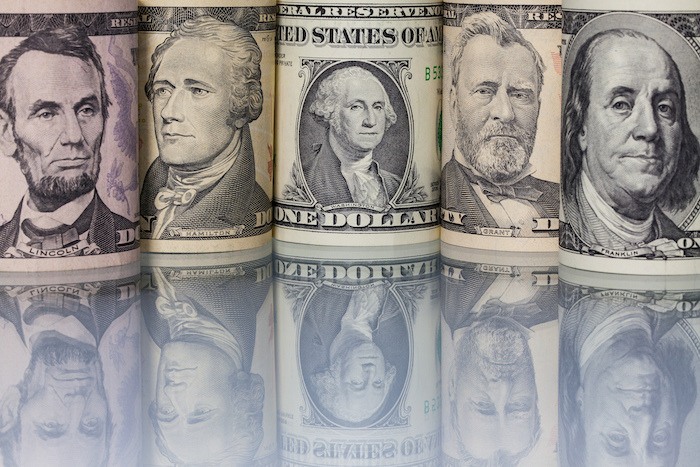
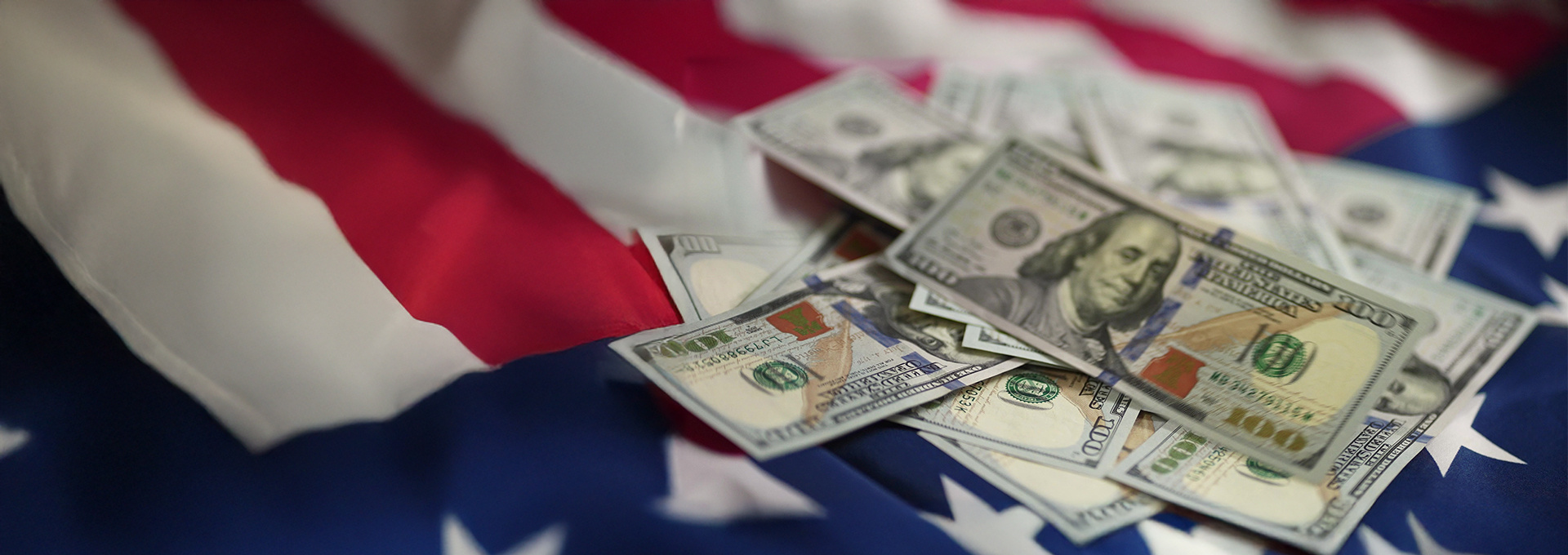
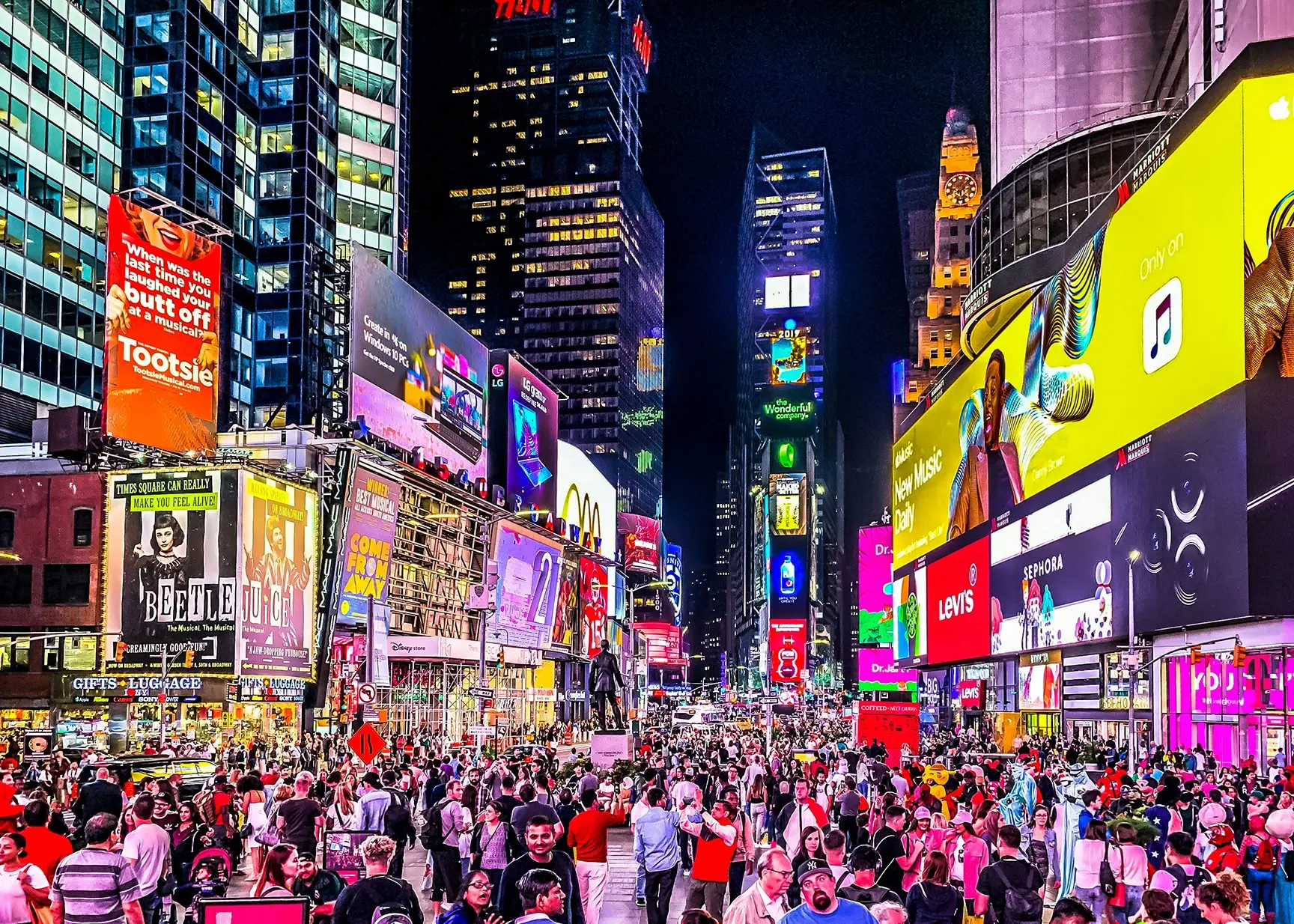
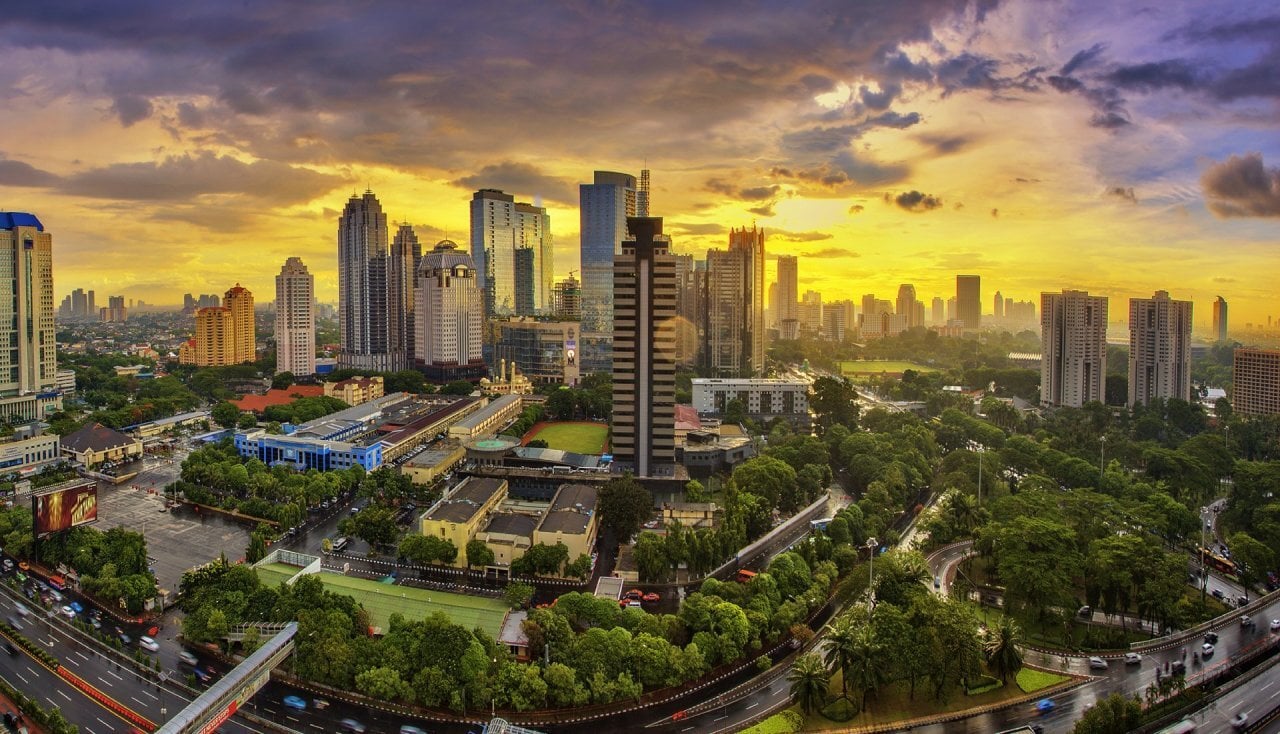

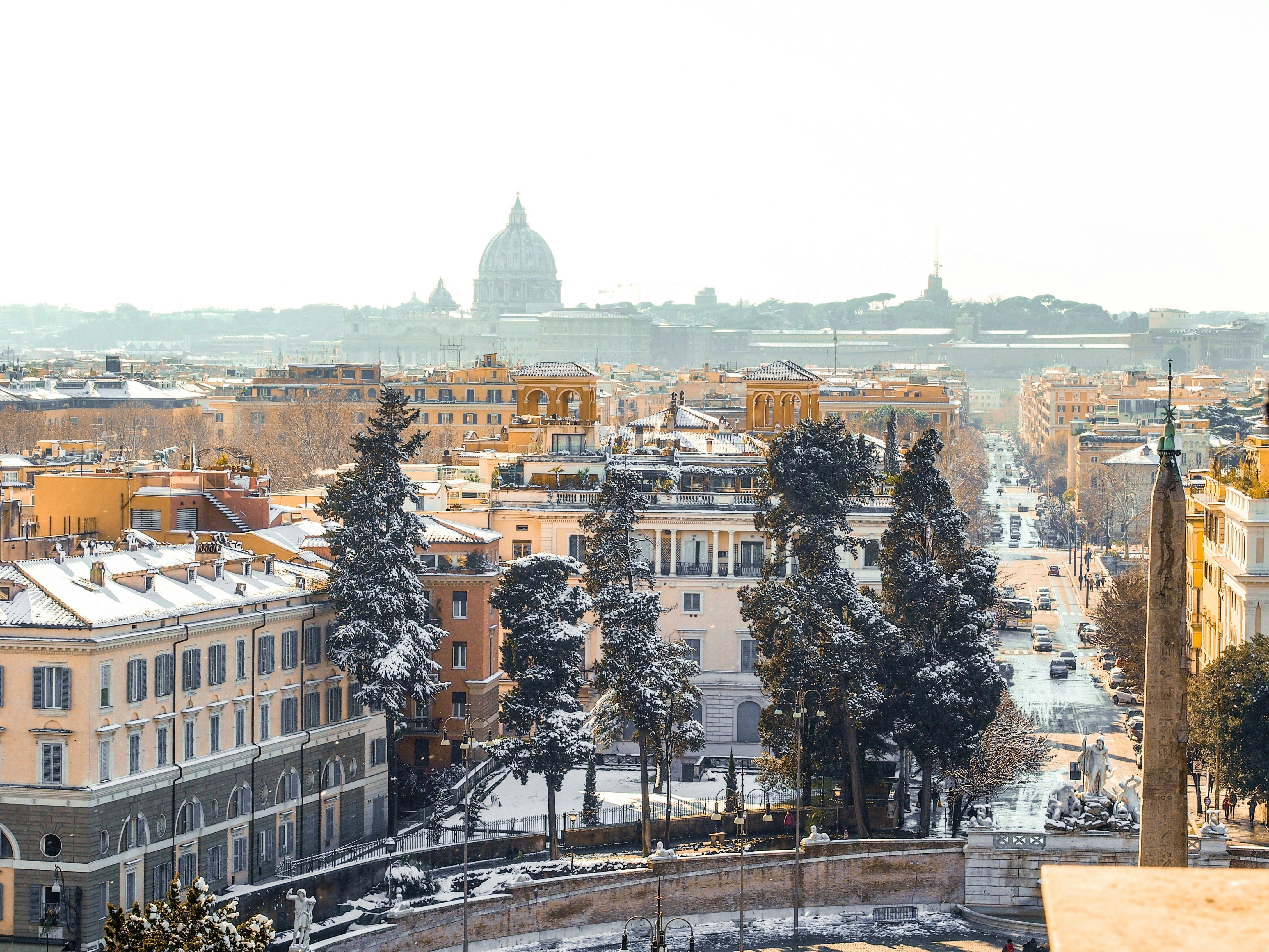
.png)
